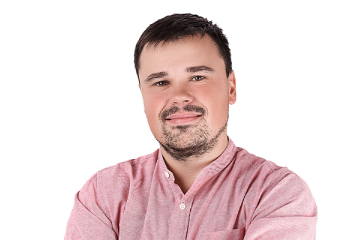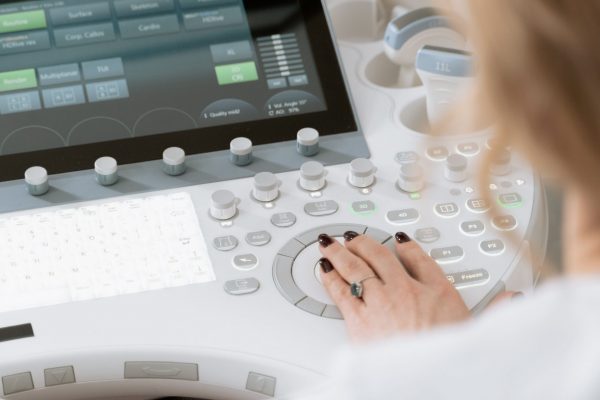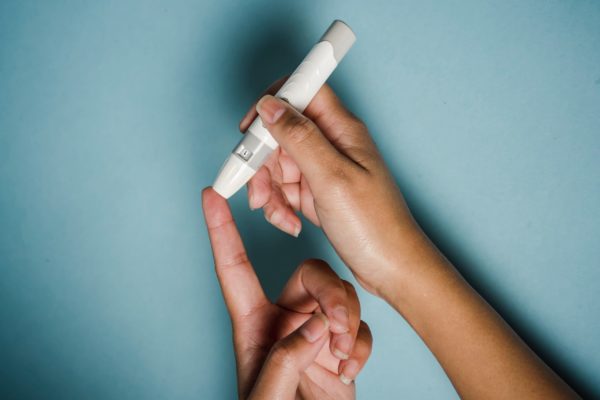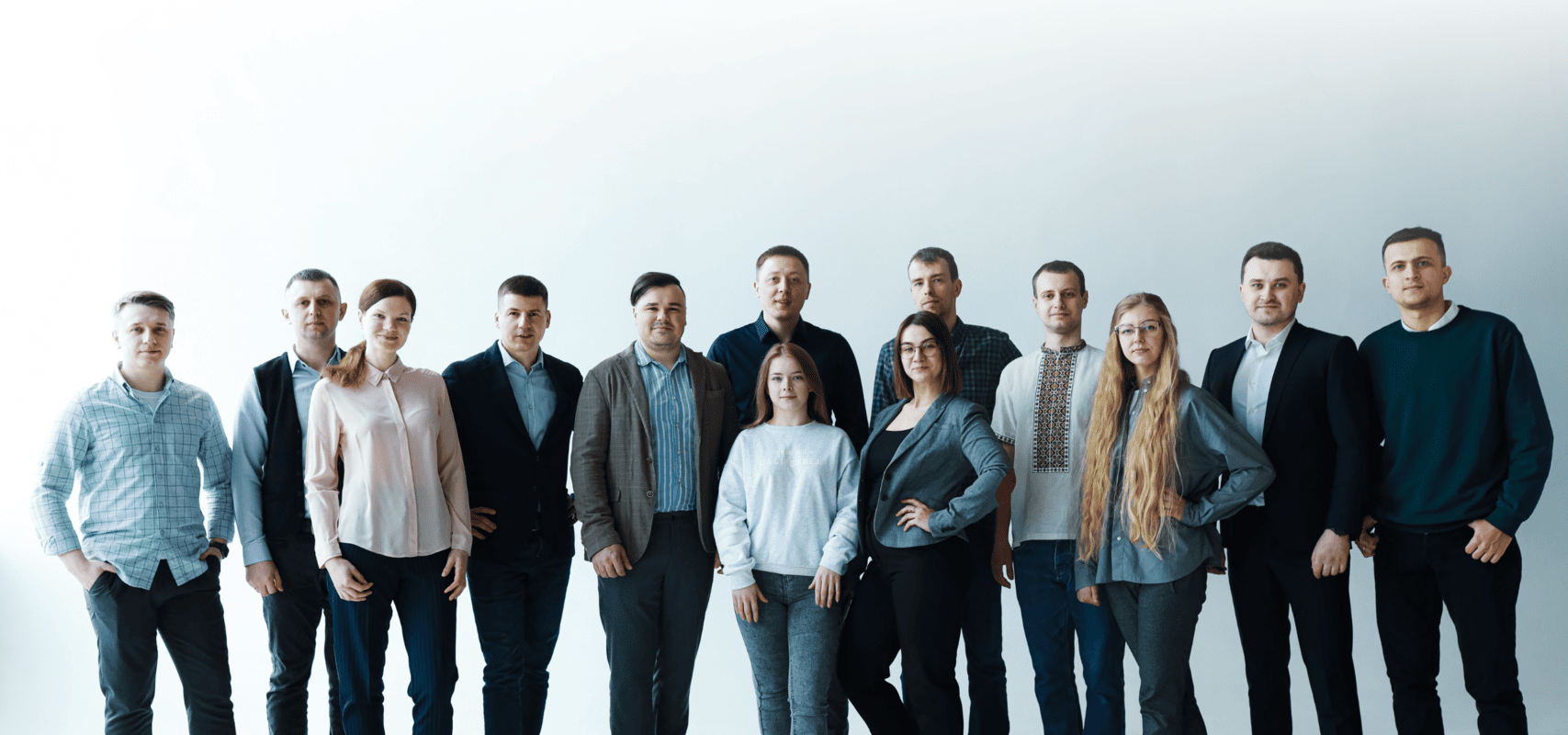IoT in neuroscience and healthcare: more comfort for the patient, more clarity for the care provider
Human problem, the challenge to technology
Mental problems are often mistakenly defined as “young”, but the truth is that they have been around for decades. The problem isn’t new, it’s just haven’t been talked about. Fortunately, in recent years there’s been a shift and an active and open discussion was started.
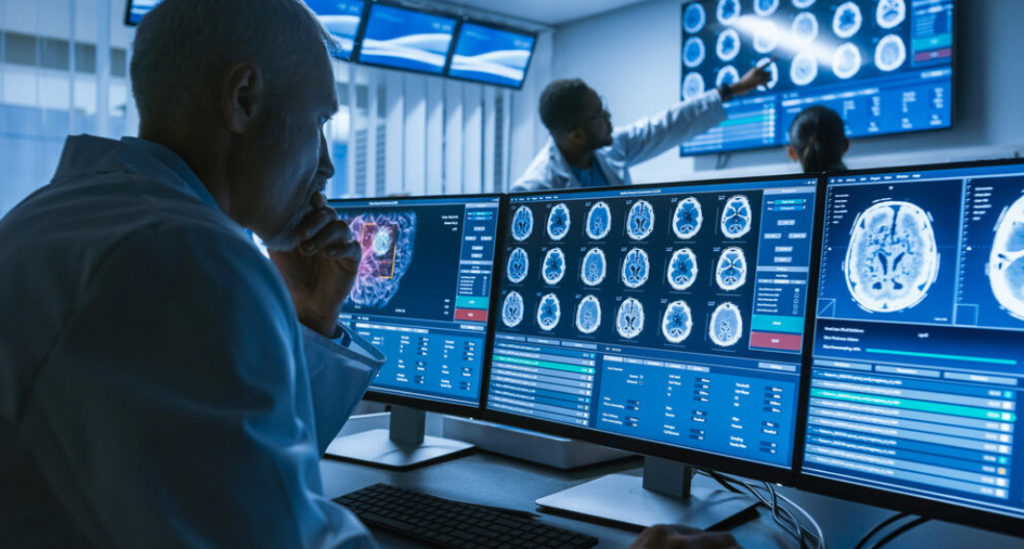
Mental health issues are not so distant or unimportant as one might think, they can have severe consequences on the person’s life and even lead to death. The treatment of many of them (e.g. epilepsy), requires drastic improvement. The first revolution in the field of psychiatry and neuroscience was the pharmacological one. Now the time has come for technology to make a change. The development of monitoring and treatment devices for hospitals and for personal use is becoming an important part of IoT. Internet of things in healthcare influence not only the treatment methods but also the attitude of people — both to the treatment and to their health and well-being in all aspects of life.
In mental healthcare, the task is not to “cure” an illness, but to improve the quality of life. So the patient can be content and productive in all areas of their life and as a result, contribute more to their community and society as a whole. It’s time to admit that mental health is just as important as physical health. That’s why meditation app development matters. Modern technology like IoT, VR, and AI when implemented correctly can bring mental health app development to a new level.
Neuroscience and its comprehensive approach to mental health.
Neuroscience or neurobiology focuses on the function of nerve cells in the body that perform cognitive processes. Tracking the electrical activity of neurons requires high accuracy. The statistics of changes in the work of individual brain regions illustrate how mental processes impact physical health. Neuroscience is evolving with the advance of IoT-powered medical equipment in the field of neuroscience and also genetics, developmental biology, and biomedicine:
1. Cerebral blood flow device.
2. Electrophysiology workstations.
3. Eye-brain research and retinal function equipment.
4. Microarrays and microelectrodes.
5. EEG systems
6. Optogenetics equipment.
Scientists rely entirely on the data from modern IoT devices to resolve complex cognitive dysfunctions. And with the development of IoT, they get more insights and research opportunities. The health care providers no longer have to rely on assumptions, and the patients are becoming more aware of the processes that are happening in their nervous system. There’s a strong need for technology here.

“In the past, it used to be one receptor in one area of the brain. Now we have the tools to monitor the complete system at any given point in time—that is, the entire brain and how it changes at short- and long-term intervals. We now can start to study all the proteins in the cell and their interactions, how cells communicate with one another to create networks, and how these relate to behaviors.”—
Nora Volkow, director of the U.S. National Institute on Drug Abuse at the National Institutes of Health (NIH), Science.
Telehealth technology and seamless communication.
Mental health and Behavioral health therapists have been practicing remotely in recent years using their phones and the Internet. This has certainly added an additional level of comfort in sensitive situations. Remote therapy has become widespread and now it’s a part of evidence-based medicine. The results in the treatment of post-traumatic stress disorder, eating disorders, and suicide prevention are very promising. Convenience for care providers is also important, so therapy over the Internet has a big potential.
During the COVID-19 pandemic, there’s been a spike in remote psychotherapy demand because of the feelings of depression and anxiety caused by the lockdown and travel restrictions, of course.
But in some cases when the patients fail to get in touch with the care provider or check back on time, things might get more complicated. Older adults or people with certain cognitive or visual challenges might have difficulties with using the technology. And that’s where IoT comes to the rescue. IoT devices are capturing and transmitting the information to the cloud in real-time. The health care provider gets notifications about all the changes in their patients’ condition and can get in touch with them when needed and fill or change the prescription remotely.
Mental disorder: diagnose and differentiate.
The challenge is to prescribe the right kind of medical treatment depending on the mental health condition. The symptoms aren’t as evident as those of epilepsy. Cognitive deviations should be tracked and differentiated. Various conditions can be monitored remotely or in the hospital setting, with or without a specific medication. IoT provides therapists with the tools for continuous non-invasive monitoring of their patients’ health parameters. They can detect the patterns and deviations, develop a holistic treatment strategy, and make decisions based on data. IoT technology enhances diagnostic capabilities and enables the tracking and assessment of various body indicators. The patients can also see the benefits: the sooner a diagnosis is made, the more optimistic the prognosis for the restoration of cognitive functions can be. When health depends on accuracy, IoT equipment is a must.
The first noninvasive cortisol detector.
An important goal of mental medical support is to reduce the level of the stress hormone cortisol. And it’s not just about doing weekly blood tests, the level of cortisol in the blood shall be monitored 24/7.
Earlier FreeStyle Libre, an IoT solution for blood sugar monitoring has become very popular. The system consists of a sensor in the arm and a handheld reading device
The level of cortisol can be tracked using a similar principle and can prove just as beneficial: no need for additional blood tests, no time is wasted transferring the samples to the lab or the healthcare provider. A blood test can be a stressful experience for a lot of people, and as far as cortisol is concerned, it’s very important for the patient to be relaxed. The first non-invasive wearable sensor detects cortisol from sweat on the skin. The system is made of a layer of carbon with tiny holes throughout its structure, which makes it a 3D model. Cortisol antibodies cover the holes inside. The micro drops of sweat enter the holes causing a chemical reaction that is detected by the sensor and measured by the device. Such a solution provides real-time monitoring of stress hormone and makes it possible to track even minor fluctuations of cortisol and respond quickly if the hormone reaches a potentially dangerous level (anxiety disorder, for instance).
The new brain surgery
Deep brain stimulation is a new kind of surgery. Electrode implants are inserted in certain areas of the brain. If the brain area produces abnormal impulses that caused the cognitive problem, the system of electrodes can reduce this activity by generating their own electrical impulses.
Implanting the electrodes is approved for:
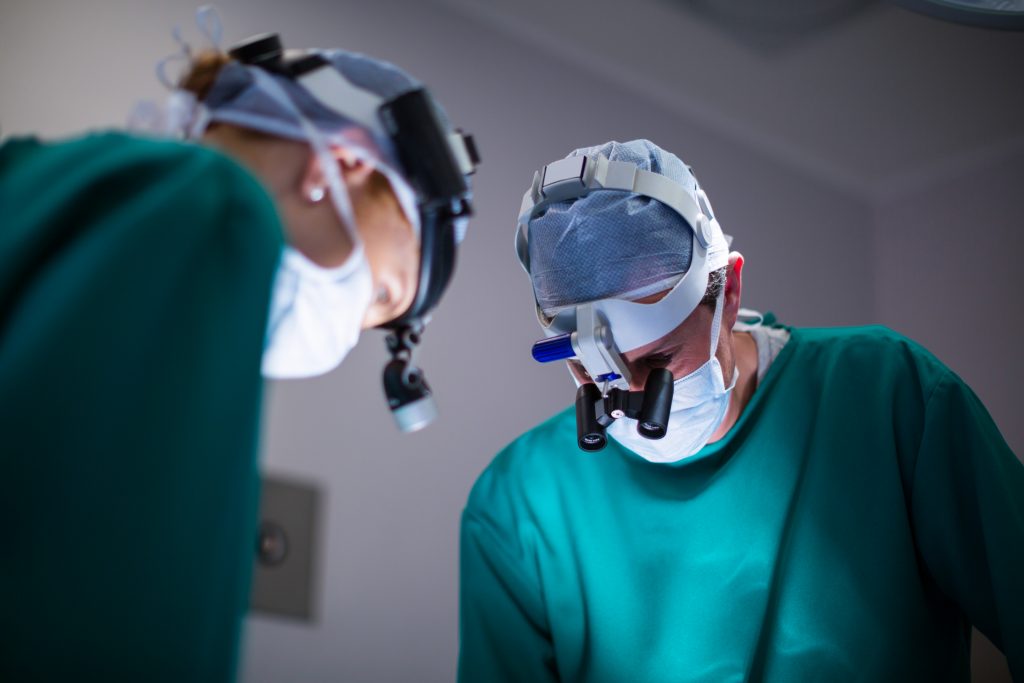
- Dystonia
- Epilepsy
- Obsessive-compulsive disorder
- Essential tremor
- Parkinson disease.
For epilepsy the effect of electrode implants is remarkable.
There are also some conditions for which deep brain stimulation can be a potential medical solution, not officially permitted as of today.
The advantages of iot in healthcare are obvious: increased quality of life with fewer symptoms.
The potential risks of surgical intervention should be taken into account, of course. Speaking about epilepsy and other life-limiting illnesses, if the operation could relieve the acuteness, help patients adapt to everyday tasks, and boost cognitive abilities, it would be a great improvement.
An IoT device to stop the depression pandemic
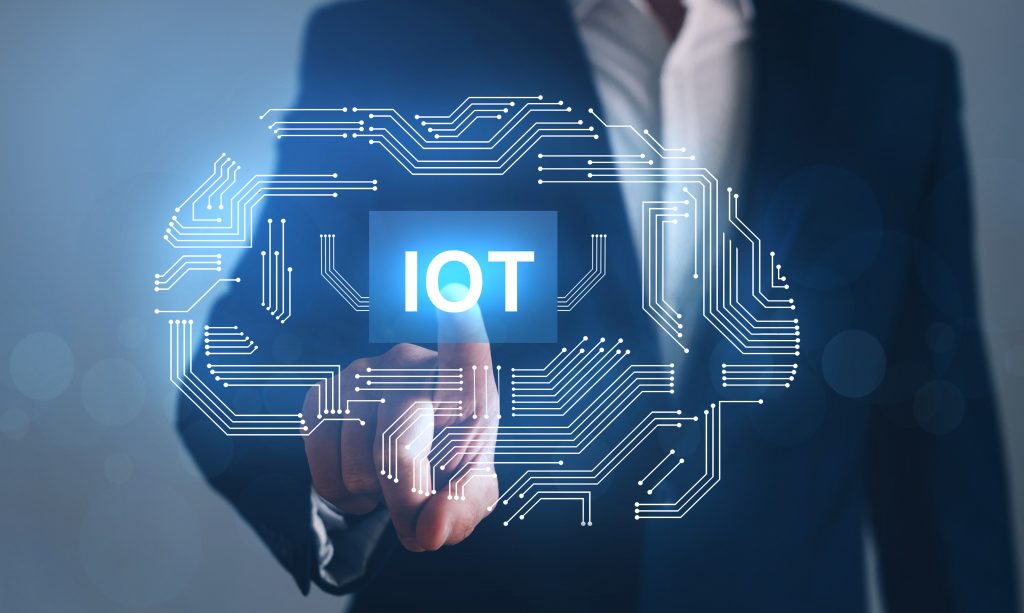
The stigmatization of psychiatric treatment and the fear of the side effects can discourage some people to seek help. IoT can make a difference because IoT smart devices look and feel like a stylish accessory, and can be very effective. Add complete confidentiality — and we get flow, a new word in depression treatment. It’s a headset that rebuilds the activity of DLPFC, the front brain area affected by the disease. Transcranial direct current brain stimulation technology activates the neurons and combined with the Flow App, it can prove even more effective than the medication. After 6 weeks of use, every patient reported significant improvement and reduced levels of stress and anxiety. They felt more energetic and optimistic. Such kind of assistive technology can become a real game-changer.
A synergy of Behavioral Therapy and IoT
Female health tracking app development often use the methods of behavioral therapy or cognitive behavioral therapy. Flow technology works together with the Flow application, as a system. Together these products can be more effective. A virtual therapist motivates the patient to try out the activities that release stress and anxiety and lift up the spirits. Coupled with the healing effect of electrical impulses from the headset, the patient can recover with no side effects. Is this technology the future of CBT? Time will tell. But if the traditional therapy backed by the software is available, affordable, and has proved to be so effective, then it’s a huge step forward. Note that helthcare iot security is one of the most important factors during the development of medical iot solutions and services.
Cognitive Behavioral Therapy is one of the most effective kinds of therapy, and the IoT developers have recognized that the devices for more serious psychiatric disorders and epilepsy are also conquering the market, and the classification and use of such IoT solutions are already formally regulated.
Check our guide on iomt connectivity issues.
Patient Monitoring using IoT for timely decisions and positive outcomes
IoT helps solve existing difficulties in mental healthcare. But IoT also helps prevent neurological problems. Let’s take a look at the general anesthesia use case. It can be a risky procedure and the drug dose should be precisely selected based on the patient’s health records, not just on the anesthesiologist’s gut feeling. During the surgery, the drug dose may also need adjustments. Brain Function Monitoring Technology, for example, helps to achieve the optimal concentration of anesthetics by constantly monitoring the patient’s EEG via the IoT system during the surgery.
Prognoses and challenges of IoT application in psychiatry and neuroscience
Internet of things and medical devices is paving the way for secure data exchange, precision medicine, and the increased accessibility and convenience for the patients and healthcare providers. These factors are crucial in the field of mental healthcare. IoT solutions for diagnostics, non-invasive treatment, and precision brain surgery have been a major breakthrough. They can improve the quality of life for people suffering from epilepsy and other life-limiting diseases.
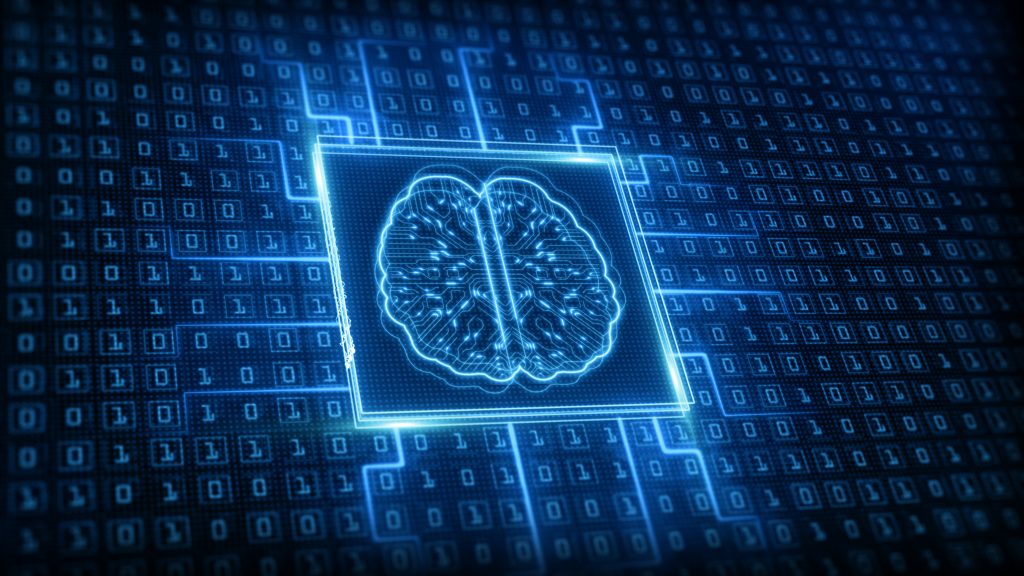
As the technical capacity to create innovative products increases, the IoT technology will become more and more accessible and affordable to the therapists and neuroscientists all over the world. We’re looking at great long-term benefits, as we become healthier as a society and improve our financial, economic, and social indicators. And IoT has a very important role to play in the future of neuroscience and psychiatry. Check also our guide on healthcare iot security and how it should work.
Developing IoT technology for the applications in healthcare and neuroscience fields is always a challenge, but it’s also a very rewarding experience. Here at Empeek, we believe that it’s our way to give back to the community. Empeek team is constantly upgrading their services, watching the new developments in the IoT community, and learning from the best, in order to build the products of the future that can truly improve the quality of life.
